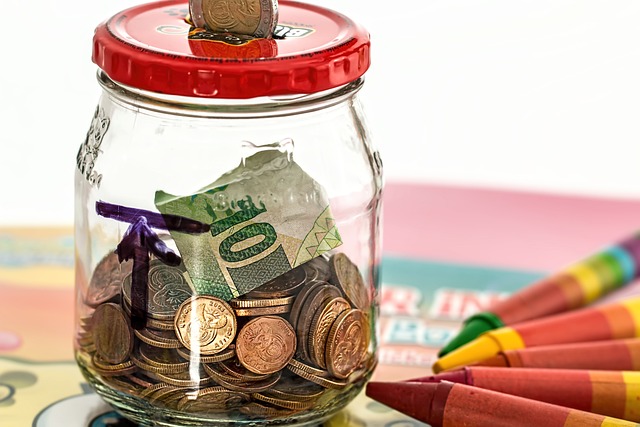Understanding Personal Loans
Most people are aware that personal unsecured loans include signature loans
, unsecured loans, lines of credit and credit cards. The thing that all of these have in common is that instead of being secured with collateral, they are guaranteed by a signature and the money can be used for anything.Collateral is a piece of property that an individual owns and promises to use as security for a loan, meaning that if they can no longer repay the loan, the bank may take possession of the collateral. The most common types of collateral are vehicles, real estate, and cash.
Loans without collateral are considered unsecured because there is nothing to repossess in the event of default.
Unsecured loans and credit cards allow people to finance all kinds of things. While banks give specific loans like vehicle and home loans, unsecured loans and credit cards can be used for vacations, home furnishings, repairs, etc.

Although these types of loans are considered unsecured because they have no collateral, they are in fact backed by the signature of the borrower(s). That means that the signature itself is in essence the security for the loan.
Signing for a credit card or unsecured loan constitutes a written agreement to pay back the debt plus interest over a certain period of time. This helps build up the monetary value of the individual's signature.
The amount of money that can be borrowed per signature varies from person to person. Lenders will take many different things into consideration including financial, historical and situational data of the applicant. Here are a few of the things lenders will consider as they try to assess the purchasing power of the applicant's signature.
Previous and current finances.
Credit report and credit scores.
Previous and current employment.
Income, sources of incomes and the length of time received.
Aside from the obvious detrimental effects like having bad credit, a worthless signature, dealing with collectors, the nightmare and headaches of repairing credit, paying higher interest rates on future loans, etc, some people still believe they have nothing to lose if they default on their unsecured debt.
While it's true the bank cannot repossess any collateral, they will tarnish the signature that's on file so it no longer holds any financial value within the industry.
They will report the delinquent debt obligations to the credit bureaus, possibly sue for a wage attachment, and ultimately transfer it to a collection agency if it continues to go unpaid. This means its back to the mom and pop bank for future borrowing needs.
Family and friends may not always be able to lend money and even if they could it places the relationship at risk without the benefit of building credit, so it doesn't take long to realize how important unsecured financing can be.
Eventually the time will come to take responsibility, pay up, and repair any damaged credit, otherwise lenders will still be there even after defaulting, however the terms of the approval may now require co-signers, collateral, shorter payment terms, lower loan amounts and credit limits, annual or monthly fees, and of course the lenders favorite trick in the playbook, sky high interest rates.
In the event of a default and after failed collection attempts the lending institution will most likely sue and have a court judgment placed to garnish the defendants salary with a wage attachment that will come straight out of the individual's paycheck in monthly installments until the debt is paid back in full.
Unfortunately for the defendant, i.e. the original borrower, the amount owed is now going to be more then the outstanding balance. Reason being is because interest may still have been accruing along with late fees every month.
To make matters worse they will also tack on administrative fees and the hefty legal fees that the lending institution incurred during the legal process.
Needless to say, it pays to keep in mind that unsecured lending is just as important as any other type of lending and that defaulting on such obligations quickly becomes much more costly then most people ever imagined.
With out unsecured lending the only types of loans available would be student loans, car loans, and real estate loans. That would mean all we could is go to school, purchase a car, and drive back and forth to work everyday, sounds exciting.
by: Terry Daniels